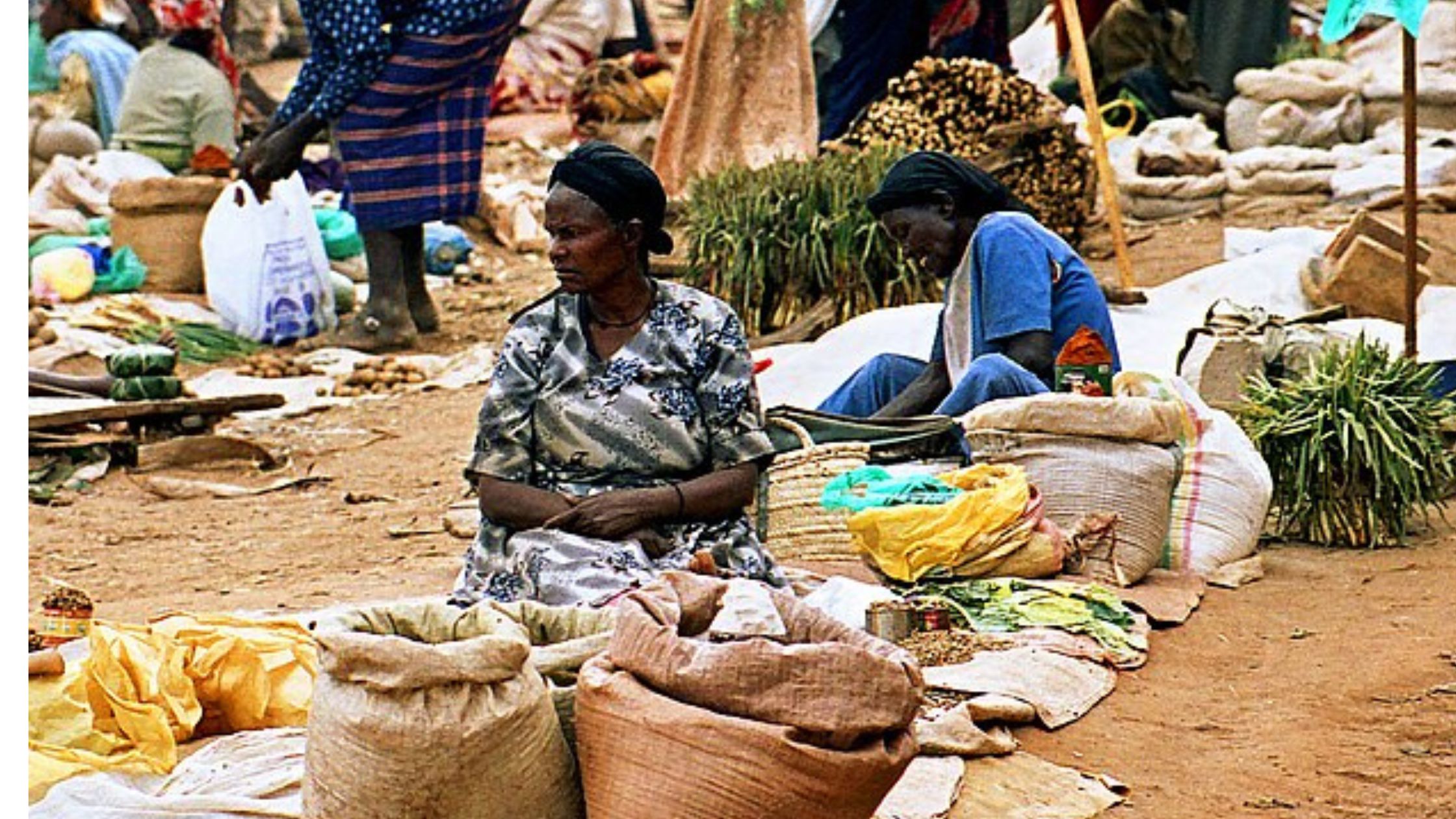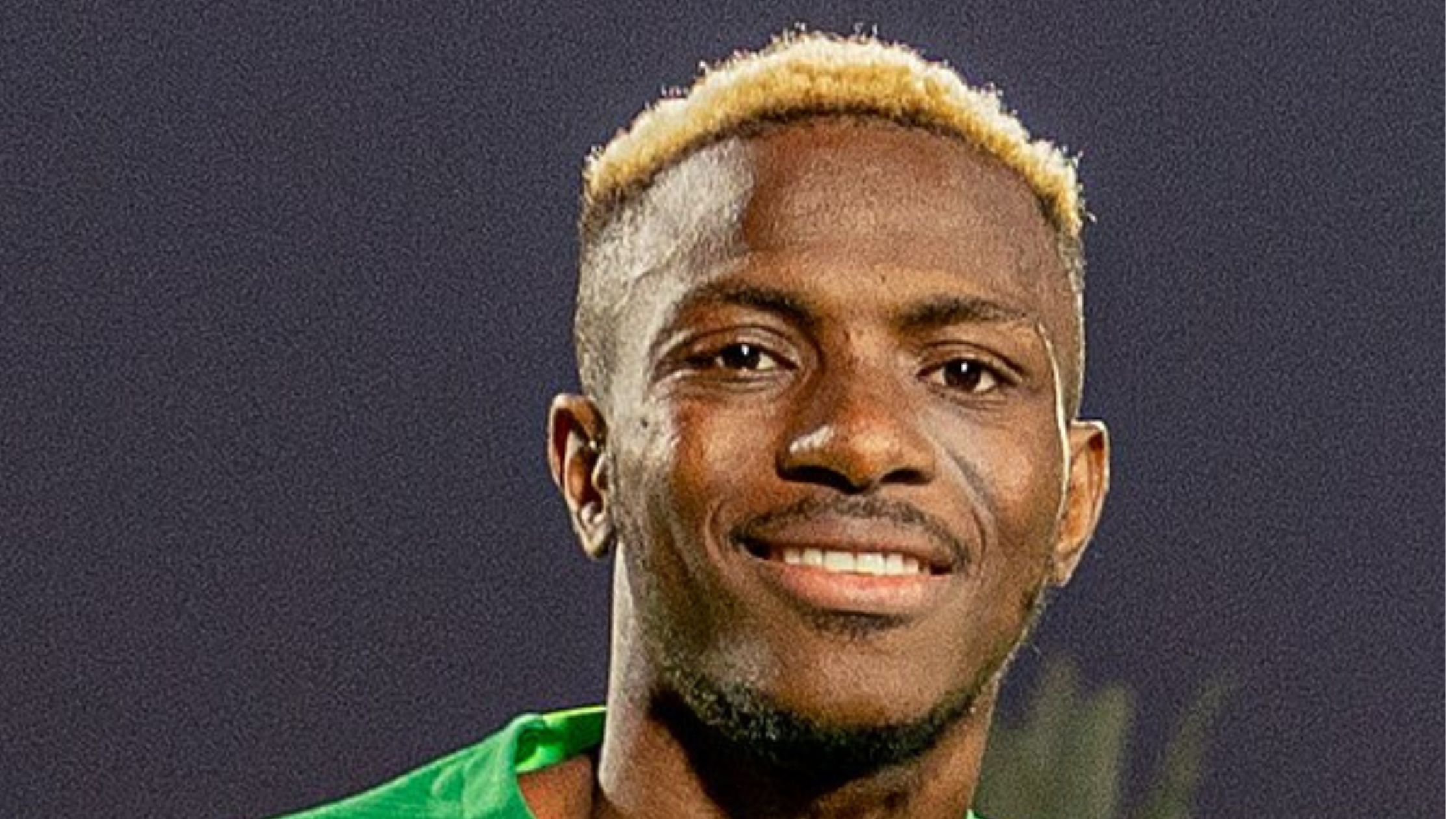It’s one of those “only in Nigeria” moments. The country’s highest court has ruled. Legal battles have been fought and concluded. But Julius Abure is still listed as the Labour Party Chairman on INEC’s official website.
Why?
That’s the million-naira question — and nobody at the Independent National Electoral Commission seems eager to answer it.
The Court Has Spoken — But the System Hasn’t Moved
The Supreme Court decision was clear: the party’s leadership structure, as presented by Abure and his allies, was invalid. For many, that was supposed to be the end of a bitter internal war.
But as of today, the records on INEC’s platform still list Abure as the face of the party. That listing isn’t just symbolic — it’s powerful. It determines who gets recognized in elections, who signs nomination forms, who speaks on behalf of the party.
So, is it oversight? Or something deeper?
The Implication: Perception Over Rulings
In Nigeria’s political space, what the public sees often matters more than what the courts say. Abure’s continued presence on INEC’s site suggests authority — even when the law says otherwise. It creates confusion among voters, party members, and political observers. More importantly, it raises questions about INEC’s credibility and neutrality.
One observer put it bluntly: “If the Supreme Court can’t get the electoral body to update its records, then who’s really in charge?”
For Now, Abure Stays Visible
Until that listing is corrected, Julius Abure remains — at least digitally — the Labour Party’s national chairman. And in politics, that kind of visibility is power. Whether it’s a slow bureaucratic update or something more deliberate, the longer it lingers, the deeper the cracks in public trust grow.








Leave a Reply